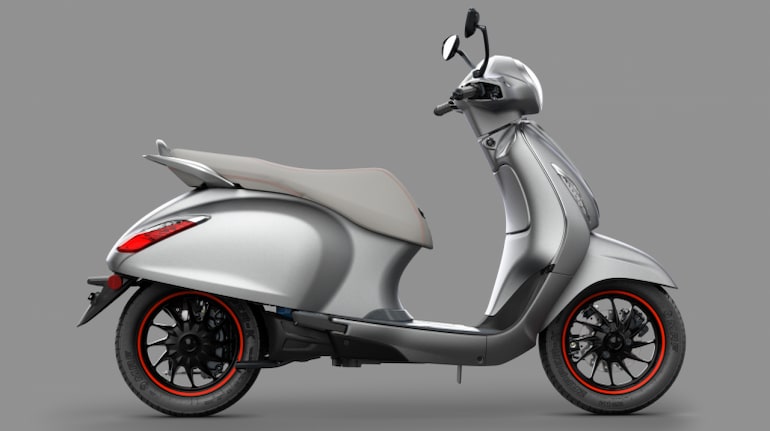



As battery costs remain high and India continues to depend on China for battery cells, Bajaj Auto has decided to go slow on its electric vehicle plans for the time being.
Bajaj Auto became India’s first large two-wheeler maker to enter the electric vehicle space with the launch of the battery-powered Chetak, which was introduced in the last quarter of FY20.
The launch, however, has been restricted to only two cities (Pune and Bengaluru) so far, while the company is working to honour delivery commitments for bookings made by customers a few months ago.
“While we believe that there is a strong case for electric vehicles (for the Indian market) it is mainly at the product level because obviously EVs are very convenient and environmentally friendly. But at this stage their commercial proposition is very weak. The high battery costs limit the development of the category,” said Rakesh Sharma, executive director, Bajaj Auto, at the 13th Bajaj Auto annual general meeting.
In addition to the two-wheelers, Bajaj Auto, the market leader in three-wheelers, is also working on electric solutions for the three-wheeler segment and also for quadricycles. In fact, its electric three-wheeler was scheduled to enter the market in 2017 itself, years before the earlier target of 2020.
Prices still highThough global battery prices have fallen by 85 percent since 2010, from more than $1,000 per kWh to $150 per kWh in 2020, according to a research report released by Avendus Capital, they remain discouragingly high for mass adoption.
“It is quite probable that cost will reduce through technical innovation, and the category, in due course, will be widely prevalent. But the timing of this occurring is highly uncertain and hence our approach is to undertake a limited development of the electric portfolio both in 2-wheelers and subsequently in 3-wheelers so that we build our capabilities and move up the learning curve and be prepared for the future”, added Sharma.
China dominates battery supplyThe Avendus Capital report has predicted a further fall of 27 percent in the prices of batteries to $110 wKh by 2025. China controls nearly three-fourths of the global lithium cell manufacturing capacity, according a BloombergNEF report.
Further, given the uneasy geopolitical situation between India and China, unhindered supplies of battery cells from China are not guaranteed. This is even as a handful of automotive companies have started work on installing battery cell manufacturing plants in India.
India had instituted heightened scrutiny on shipments originating from China, Hong Kong and Macao at sea ports leading to severe congestion and delays of multiple days. Bajaj's Chetak also depends on components from Wuhan in China and is expected to face delays getting them.
Bajaj’s rival TVS Motor Company, which launched a Chetak rival in the last quarter of FY20, has also lined up an electric three-wheeler model. Italian automaker Piaggio recently launched its first all-electric three-wheeler to compete against Mahindra & Mahindra which has been selling electric three-wheelers since nearly one year.

Discover the latest Business News, Sensex, and Nifty updates. Obtain Personal Finance insights, tax queries, and expert opinions on Moneycontrol or download the Moneycontrol App to stay updated!
Find the best of Al News in one place, specially curated for you every weekend.
Stay on top of the latest tech trends and biggest startup news.